Israeli airstrikes on Gaza overnight killed at least 60 Palestinians, including 22 children, in what appeared to be the gravest challenge yet to the increasingly fragile US-brokered ceasefire and the deadliest day since the truce began.
The…

Israeli airstrikes on Gaza overnight killed at least 60 Palestinians, including 22 children, in what appeared to be the gravest challenge yet to the increasingly fragile US-brokered ceasefire and the deadliest day since the truce began.
The…
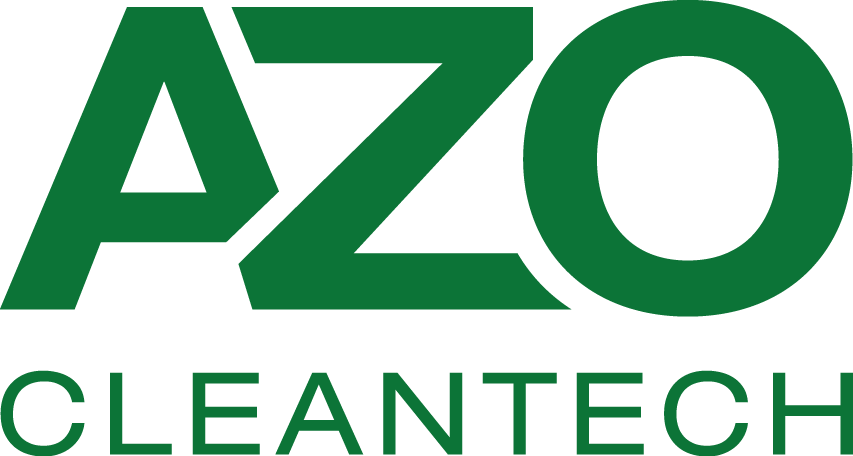
Terms
While we only use edited and approved content for Azthena
answers, it may on occasions provide incorrect responses.
Please confirm any data provided with the related suppliers or
…

A tipster on Weibo, China’s X-like platform, reports that Honor has filed a new smartphone equipped with a 10,000 mAh battery. The battery is rated at 37.37 Wh, with a rated capacity of 9,886 mAh and a typical value around 10,000…

Key events
Australia have selected a strong lineup for this T20 against India, and the earlier games in the series, though do of course have one eye on the Ashes beginning on 21…

Breast cancer remains the most common cancer among women worldwide. In 2022, breast cancer was a leading cause of cancer-related death among women, with approximately 2.3 million new cases and 670,000 deaths.1 Advancements in early…
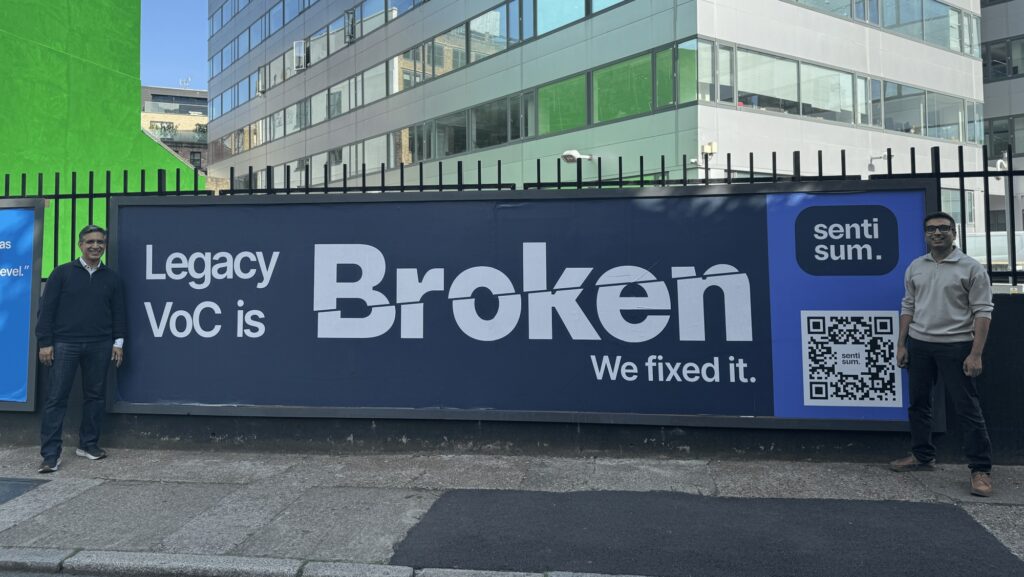
In London’s gleaming Docklands, developers stare at rolling lines of code as their models devour new data sets. Forty miles northwest in Milton Keynes, a procurement team watches a first-draft bid spring to life in seconds. And somewhere in the Midlands, a customer-experience manager gets an instant alert that prevents a six-figure product recall.
All of these moments share a common thread: Microsoft’s GenAI Accelerator.
A launch-pad built for AI
When Microsoft announced the GenAI Accelerator in November 2024, it set out to fix a specific problem: Britain is teeming with artificial-intelligence talent, but founders struggle to access the compute power, sales channels, and technical expertise needed to grow. By teaming with NVIDIA and GitHub, Microsoft promised to remove road-blocks and help “create the tech powerhouses of tomorrow”.
Across a six-week programme the cohort received free Azure credits, membership of NVIDIA’s Inception programme, and support from Microsoft’s AI ‘Black Belt’ engineers. The result, participants say, is a step-change in speed.
Two of the companies already turning that support into visible impact are SentiSum, an AI-native customer feedback platform, and AutogenAI, the bid-writing engine that’s changing how billions of pounds of contracts are won.
“The GenAI Accelerator provided invaluable access to technical advisors, partner managers, and experts at Microsoft,” says Sharad Khandelwal, cofounder and CEO of SentiSum.
“We gained visibility in critical AI and SaaS [Software as a Service] communities, and it gave us the credibility to partner with enterprise customers who value Microsoft’s stamp of quality.”
SentiSum: Feedback into insight
Legacy ‘Voice of the Customer’ (VoC) feedback tools rely on old-fashioned surveys and dashboards all too often siloed from each other. SentiSum’s Kyo assistant analyses every chat, email, call and review in real time, telling brands not just what went wrong, but why.
“We’ve built it specifically for the voice of the customer, fine-tuned on millions of real customer experience interactions,” explains Khandelwal. “This gives it a deep understanding of customer language, intent, and context off-the-shelf models can’t match.”
That precision recently saved a global food brand from disaster.
“Our AI flagged a packaging error within hours of the first complaints, helping the team avoid a £250,000 recall,” he says.
Other wins include a 30% drop in escalations – issues serious enough to be bumped up to managers – for a transport client, and six months of manual analysis replaced by automated insights at a national retailer. The common theme, Khandelwal argues, is trust.
“Customers care less about flashy AI and more about answers they genuinely believe and rely on under pressure,” he says. “The most effective AI feels invisible to the user.”
With fresh Azure cloud capacity to power these AI options, along with new Marketplace exposure, SentiSum is now scaling Kyo as a “Customer Second Brain” across EMEA and the US, while adding executive-ready reporting and deeper workflow integrations.
“Our ambition is to become the intelligence layer that powers how businesses understand and act on the voice of the customer,” Khandelwal says.
AutogenAI: Winning at warp speed
Procurement specialists, who vet purchasing deals and pricing, live in a world of red lines and tight deadlines. AutogenAI exists to flip that stress on its head.
“We help organisations win more work by transforming how they write bids, proposals and grant applications,” explains Sean Williams, founder and CEO of AutogenAI.
Rather than rely on a single model, AutogenAI combines multiple Large Language Models (LLMs) to pick and choose from, so that “every output reflects a client’s tone, terminology, and best practice,” Williams says.

The impact has been seismic.
Public-services giant Serco reports an 85% uplift in efficiency and a 5% rise in global revenue after integrating AutogenAI.
“The first of our Impact Pilots has already seen us use its functionality more than 6,000 times, generating significant knowledge content,” says Serco CEO Mark Irwin.
And inside AutogenAI, the team is ‘dogfooding’ the product with great success. This means using and testing a brand’s services in its own workflows.
“Our sales teams use AutogenAI to personalise outreach at scale, while our customer success team drafts tailored documentation and proposal templates faster than ever. Employees consistently say it reduces time spent on repetitive tasks, improves quality, and gives them space to focus on strategic, high-impact work,” Williams notes.
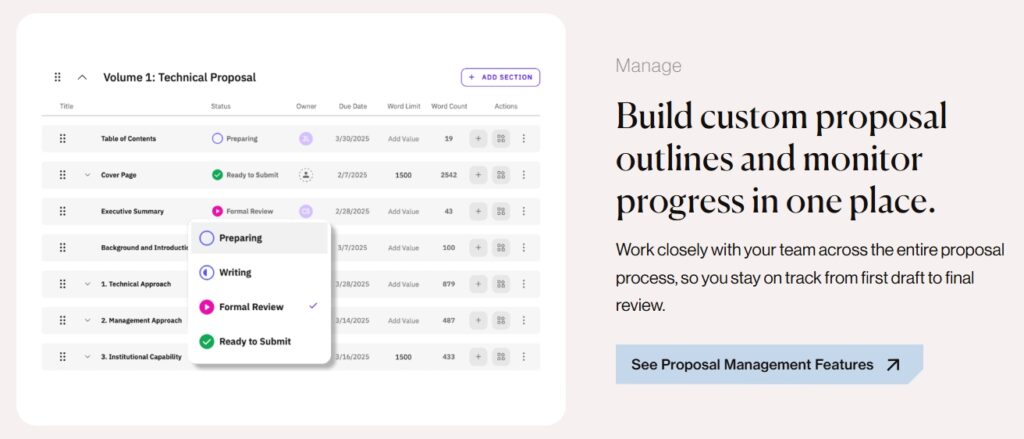
The GenAI Accelerator, Williams stresses, was a key catalyst. It has “provided us with valuable tools and resources to accelerate the delivery of our Azure platform integration, as well as direct access to key Microsoft stakeholders.”
Both founders highlight three features that set the GenAI programme apart: computing power at scale; embedded experts; and a ready-made sales channel. With a Marketplace listing, Microsoft field-seller briefings, and a venture-capitalist-packed Demo Day, the programme puts start-ups in front of the customers and capital they need.
Looking ahead
SentiSum’s ambition is to become the intelligence layer that powers how businesses understand and act on the voice of the customer. AutogenAI is adding multilingual engines and deeper compliance checks so clients can compete across regions and sectors.
Their advice to other start-ups is refreshingly pragmatic.
“Build a product that solves a real-world problem that you understand. Ship the product as soon as possible. Iterate quickly,” says Williams.
Khandelwal offers a similar mantra: “Stay opinionated. Keep it simple. The companies that win are the ones that stay close to their customers and solve problems that matter.”
Less than a year after launch, the GenAI Accelerator is proving that when founders are armed with world-class tools and mentorship, they are empowered to convert bold ideas into solutions that make life better for their customers.
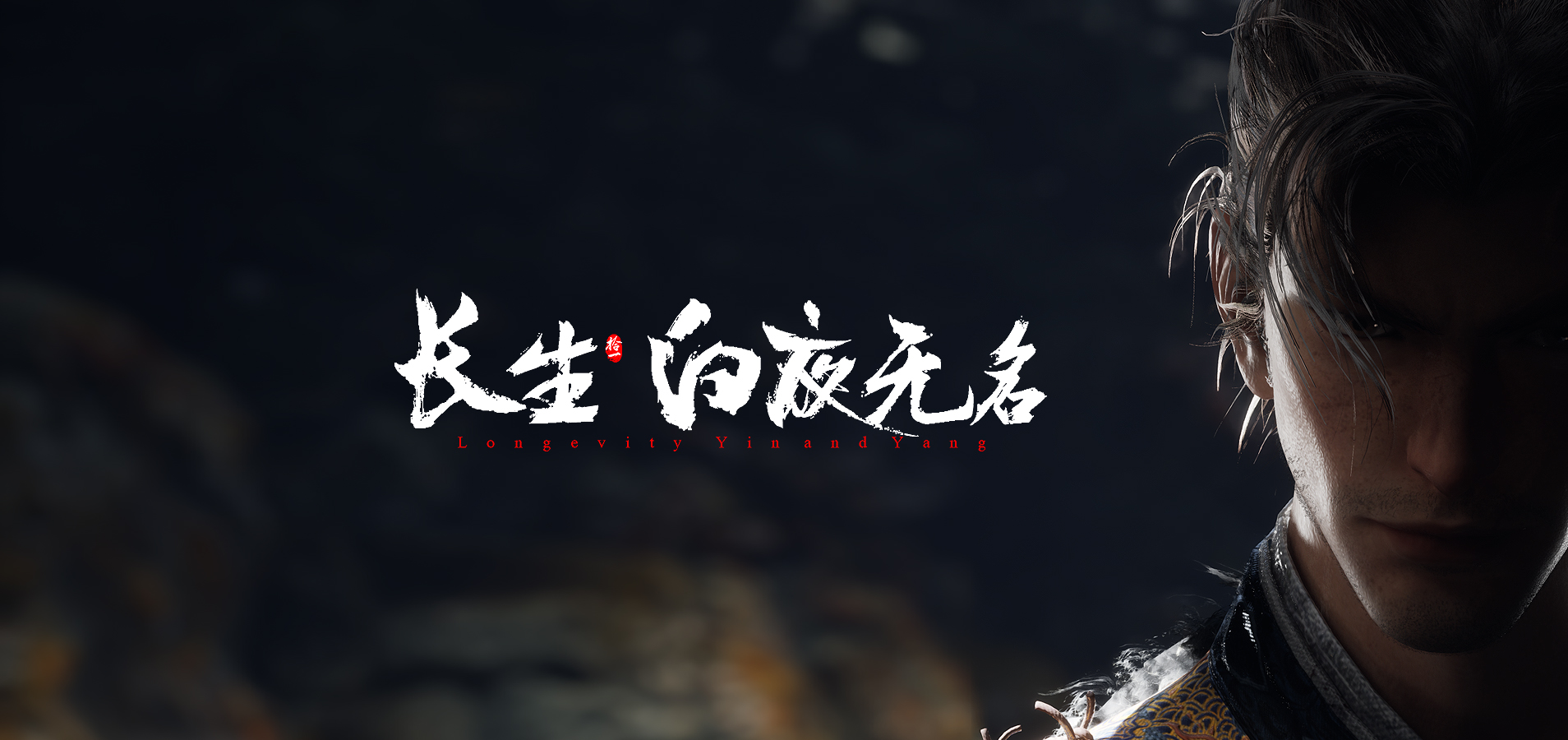
Chinese developer 11 Games has released the first gameplay trailer for its upcoming action-adventure title Longevity Yin and Yang. Built with Unreal Engine 5, the single-player premium game is set in an alternate version of the Ming…
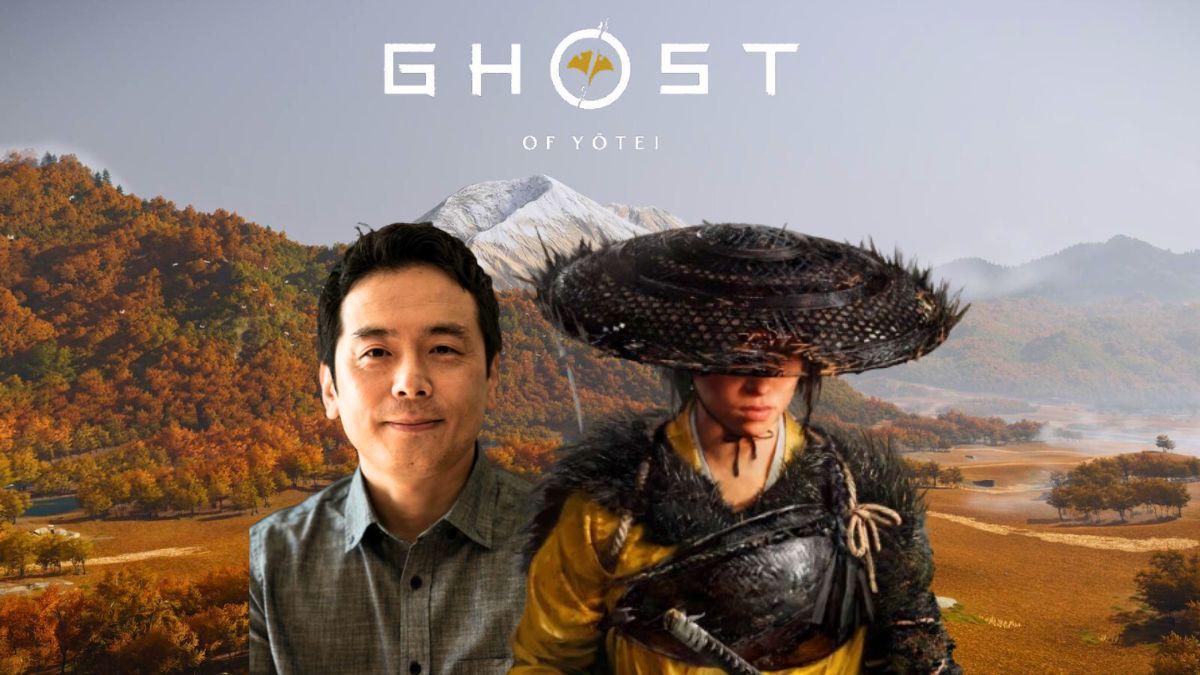
The world of Ghost of Yōtei is like no other. Five years after Ghost of Tsushima redefined how lyrical, mournful or tactile videogames could look and sound, Sucker Punch Productions returned to Japan’s northern frontier. The new game shifts…

The challenges of going independent are well-documented. Malaysia’s Lee Zii Jia left his national team set-up in 2022 and has struggled to find consistency in his coaching team since, something which has…